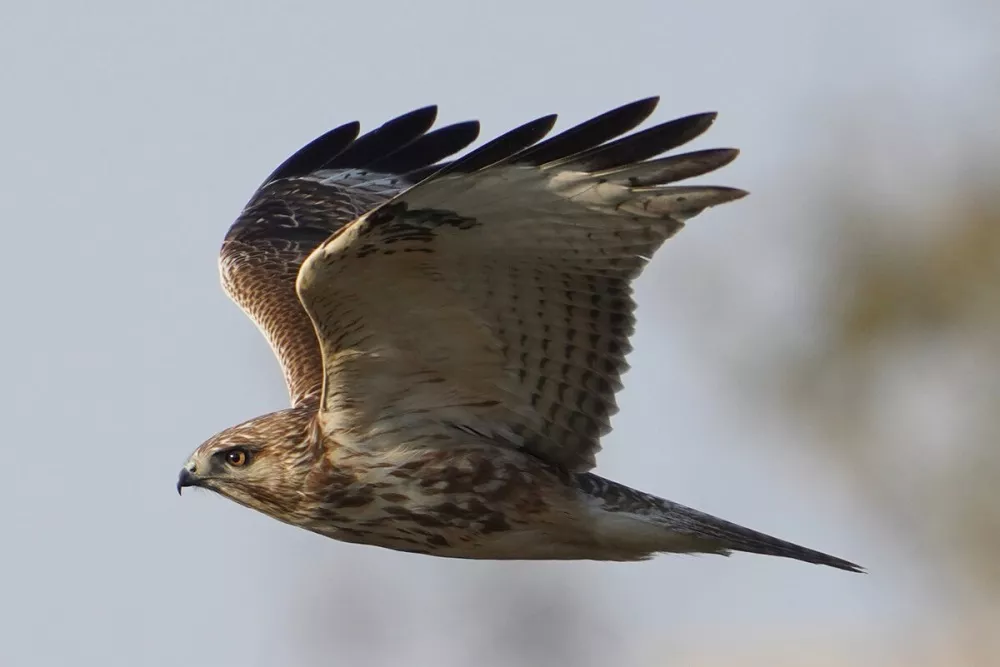Buzzards, also known as vultures or turkey vultures, are birds of prey that are commonly found throughout North and South America. They are known for their distinctive bald heads and dark feathers, and for their scavenging behavior, often feeding on carrion and other dead animals. One of the animals that buzzards are known to eat is snakes.
Snakes are a common prey item for many different types of birds of prey, including buzzards. However, not all species of buzzards eat snakes. In general, buzzards that are found in areas with a high snake population are more likely to eat them.
Buzzards are able to eat snakes because of their powerful beaks and talons. They are able to tear apart the tough skin and scales of a snake and consume the meat and organs inside. They are also able to digest bones and other parts of the snake that are not edible for other animals.
One of the reasons that buzzards are able to eat snakes is because they have a very strong stomach acid. This allows them to break down the tough and sometimes toxic tissues of snakes, which can be dangerous for other animals to eat.
Buzzards are often seen circling overhead in search of food, and they are particularly attracted to the smell of decaying flesh. When they find a snake that has been killed or injured, they will often descend upon it and begin to eat. They are also known to scavenge for dead snakes along roadsides and in other areas where they are commonly found.
Despite their reputation as scavengers, buzzards play an important role in maintaining the balance of ecosystems. By consuming dead and decaying animals, they help to prevent the spread of disease and keep the environment clean. They are also important indicators of the health of an ecosystem, as they are often the first to arrive at the scene of a dead animal.
In conclusion, buzzards do eat snakes, and they are well adapted to do so. They are able to consume the tough skin and scales of a snake thanks to their powerful beaks and stomach acid. While they are often seen as scavengers, they play an important role in maintaining the health of ecosystems and are an essential part of the food chain.


 Facebook
Facebook  Instagram
Instagram  Youtube
Youtube 